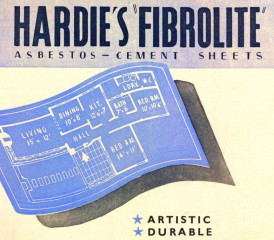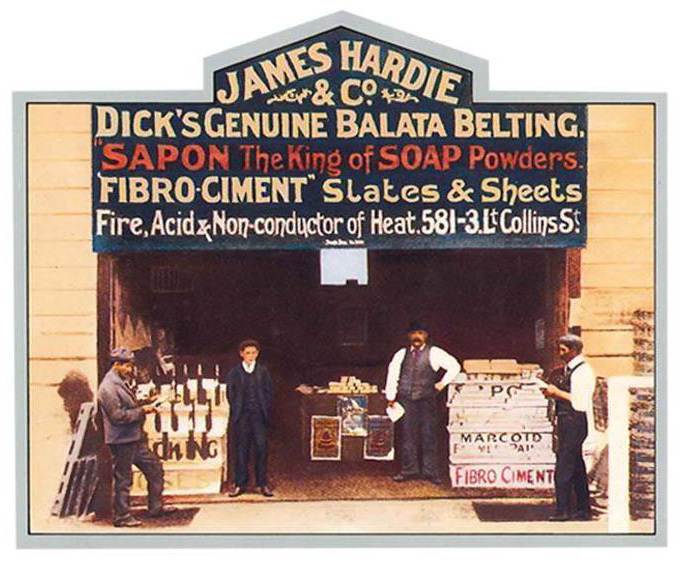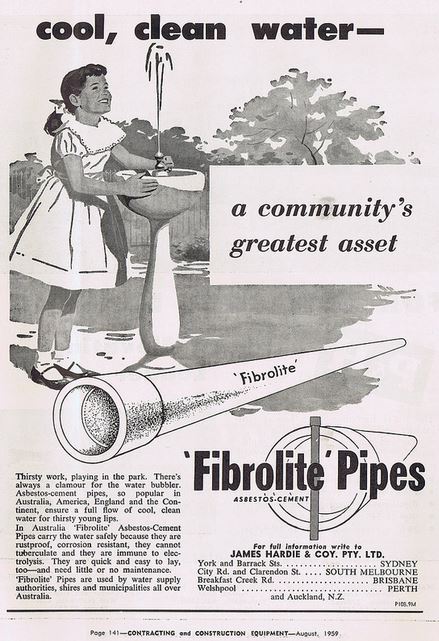James Hardie Proposes Compensating Asbestos Victims in Installments
Legislation & LitigationWritten by Lorraine Kember | Edited By Walter Pacheco

Asbestos victims who filed claims against James Hardie Industries, an Australian building materials company, may never live to see their legal compensation if a court approves the manufacturer’s plan to pay claimants in installments, and not the traditional lump-sum payments.
The reason for the installment plan: Hardie’s Asbestos Injuries Compensation Fund is headed toward a $184 million cash shortfall in 2017 because of a spike in asbestos legal claims. If the Supreme Court of New South Wales (NSW) grants approval, the installment plan will take effect July 1.
Advocates for those affected by mesothelioma are outraged by the company’s proposal because the average life expectancy for people diagnosed with the asbestos-related disease is less than two years. Those patients need the lump sum of their compensation as quickly as possible to pay for expensive treatments, lost wages, expenses not covered by insurance and other costs.
“Asbestos victims don’t die in installments,” Asbestos Diseases Foundation of Australia President Barry Robson wrote in a press release. “They don’t lose the ability to work or care for themselves in installments, yet James Hardie wants to see them compensated in that way.”
Robson voiced his ire about the company’s negligence, stating the manufacturer “spent decades knowingly selling these deadly [asbestos] products” still found in millions of homes and businesses across Australia.
History of James Hardie in Australia
Australia’s history with the manufacturer began in 1888, when Scottish-born James Hardie immigrated to Melbourne, establishing a leather tanning business.

While visiting London in 1903, Hardie learned of a new type of French roofing and lining slate called “fibro-ciment” that contained cement and asbestos. Hardie started importing the product to Australia and renamed it Fibrolite.
It became a publicly-owned company in 1951 under the name James Hardie Industries Ltd. In the following years, the company built a diverse portfolio of building and industrial products including a wide range of products containing asbestos. The company rose to become Australia’s largest manufacturer of the deadly mineral.
During the 20th century, the company owned asbestos mines in Australia, Canada and Zimbabwe. It distributed and manufactured a wide range of products containing asbestos to construction companies, textile mills and many other production and repair facilities around the country.
However, Hardie executives knew the health risks linked to asbestos mines and exposure to the airborne particles, but neglected to warn their workers. Asbestos from the company’s products and mines contaminated food, playgrounds and parks.
The company is partially responsible for Australia’s mesothelioma crisis. Australia has the second-highest rate of mesothelioma deaths in the world. Cancer experts report that since the early 1980s, more than 10,000 people have died from the disease, and an additional 25,000 people are expected to die from it over the next four decades.

In 2006, the company formed the Asbestos Injuries Compensation Fund (AICF) to compensate asbestos victims damaged by the company’s products. As part of the legal agreement with NSW, Hardie pays a set amount — 35 percent of its operating cash flow — to the AICF annually.
Problems with Hardie’s Asbestos Compensation Fund
Hardie records show the AICF has settled almost 4,000 claims and compensated asbestos victims with more than $800 million. AICF officials said they face $1.87 billion in payouts over the next 30 years because mesothelioma claims grew by 20 percent in 2013.
Company officials blamed the $184 million shortfall on the increase of lawsuits.
But some are wondering why there’s a shortfall when Hardie paid its investors $556 million in dividends in 2013 and 2014. According to Hardie’s 2014 annual report, the company paid CEO Louis Gries a total compensation of $11.6 million — a nearly 47 percent increase from the $7.9 million total compensation he received in 2013.
“The bottom line is if James Hardie can afford $500 million to give to shareholders, it can find the money to give to dying victims of their product,” independent senator for South Australia Nicholas Xenophon told The Sydney Morning Herald. “If James Hardie doesn’t come to the table, they deserve the scorn of the Australian public.”







